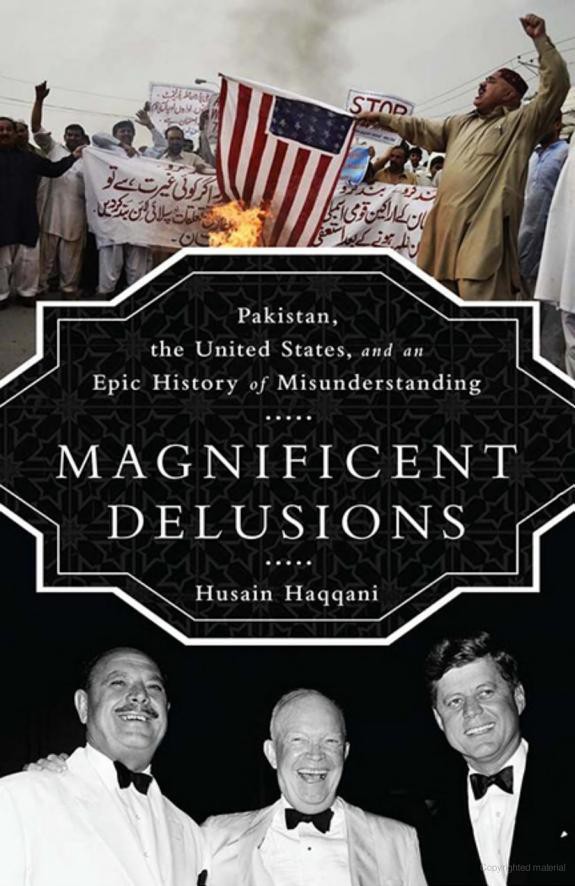
Magnificent Delusions
Pakistan, the United States, and an Epic History of Misunderstanding
کتاب های مرتبط
- اطلاعات
- نقد و بررسی
- دیدگاه کاربران
نقد و بررسی

September 9, 2013
Mistrust and cross-purposes characterize relations between Pakistan and the U.S., writes Haqqani, Pakistan’s ambassador to the U.S from 2008 to 2011 and now a Boston University professor, in this insightful if disturbing history. During the bloodshed of 1947, India’s forces drove Pakistan from Kashmir, a Muslim majority region that, theoretically, belonged to Muslim Pakistan. Obsession over Kashmir’s loss persists, creating a “virtual permanent war with India”; civil government remains subservient to the military, which absorbs most of Pakistan’s revenue, leaving little for economic development. Pakistani leaders quickly requested U.S aid, trumpeting their anticommunism. America responded modestly but generously after the Soviets invaded Afghanistan, and massively after 9/11. Pakistan spends the bulk of its resources facing India—American leaders accept this as the price of cooperation but gnash their teeth over Pakistan’s tepid enthusiasm for our war on terror. Pakistan’s generals have no love for al-Qaeda but have long supported the Afghan Taliban and would prefer them to the present government. Making it clear why he is persona non grata in his homeland, Haqqani concludes that military aid has undermined Pakistan’s democracy, converting it into a rentier state living off American money rather than its people’s productivity. Agent: the Wylie Agency.

October 15, 2013
The United States and Pakistan are often described as allies and partners. But, as Haqqani (international relations, Boston Univ.), former Pakistani ambassador to the United States, makes clear, the U.S.-Pakistani alliance over the past six decades has been a mirage that is in need of redefinition and mutual acknowledgment of divergent interests. Haqqani uses his wealth of personal experience to present a detailed account of the genesis and evolution of U.S.-Pakistani relations over the last 60 years. As he clearly demonstrates, Pakistan's geopolitical alliance with the United States has been predicated on using U.S. aid to confront India's influence and hegemony in the region. For the United States, however, these are not and never have been overriding concerns. Washington's interests in Pakistan were initially driven by the Cold War realities of the 1950s and 1960s, by the Soviet invasion and occupation of Afghanistan, and by the war on terror. In other words, this alliance of convenience has not been based on shared values or on the same regional geostrategic interests. VERDICT The book is a useful resource for academics, journalists, and policymakers at all levels.--Nader Entessar, Univ. of South Alabama, Mobile
Copyright 2013 Library Journal, LLC Used with permission.

























دیدگاه کاربران